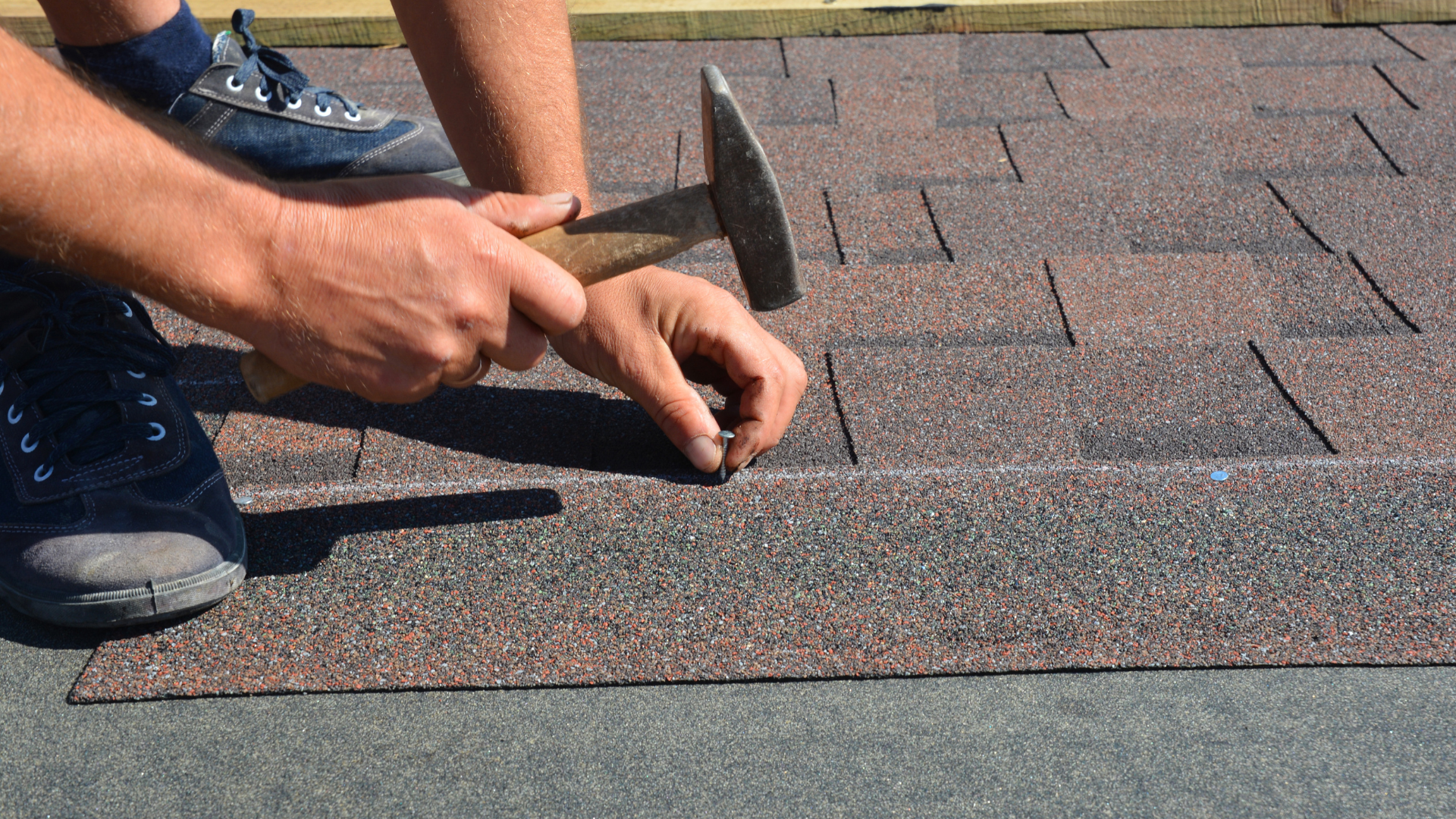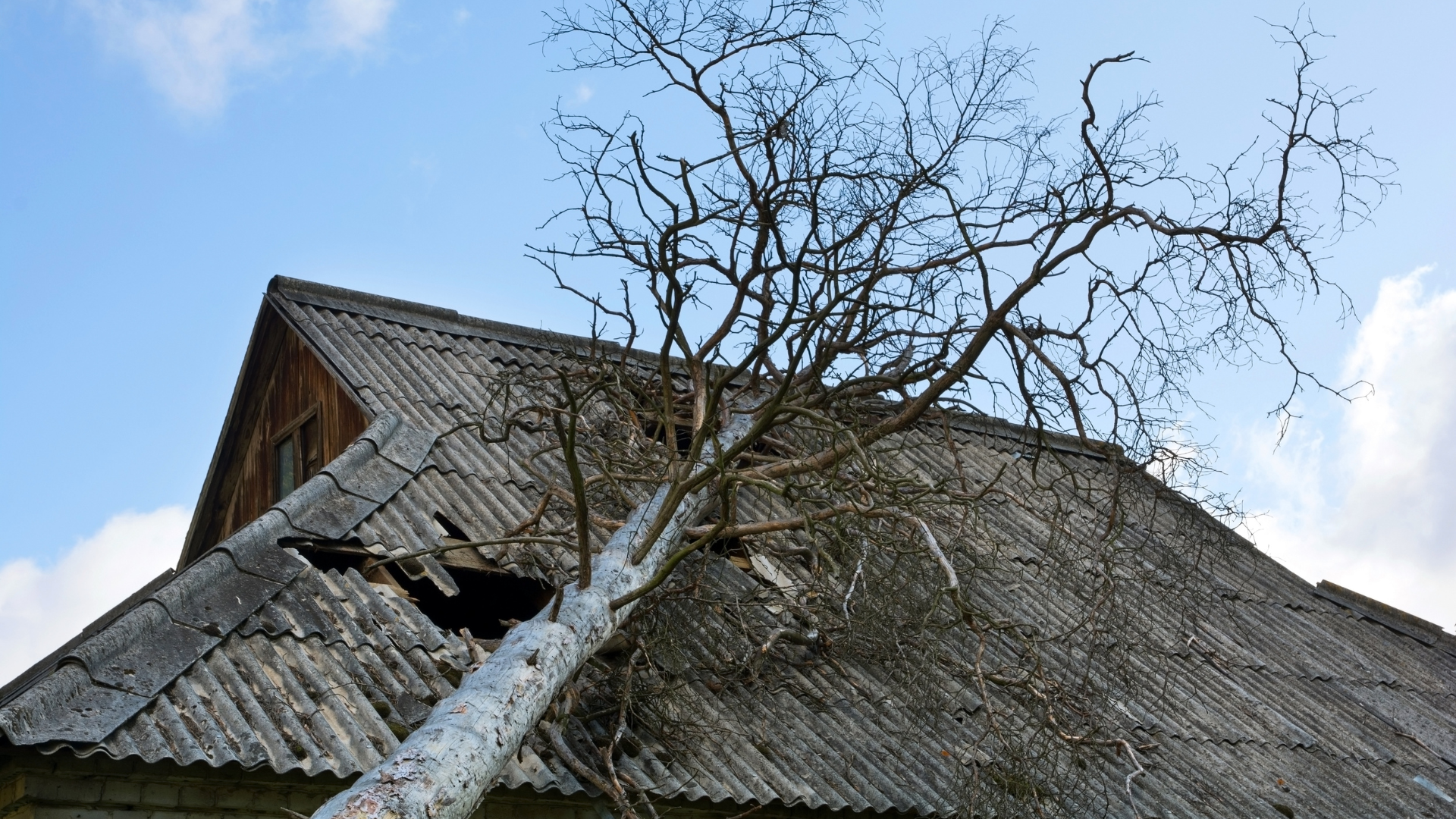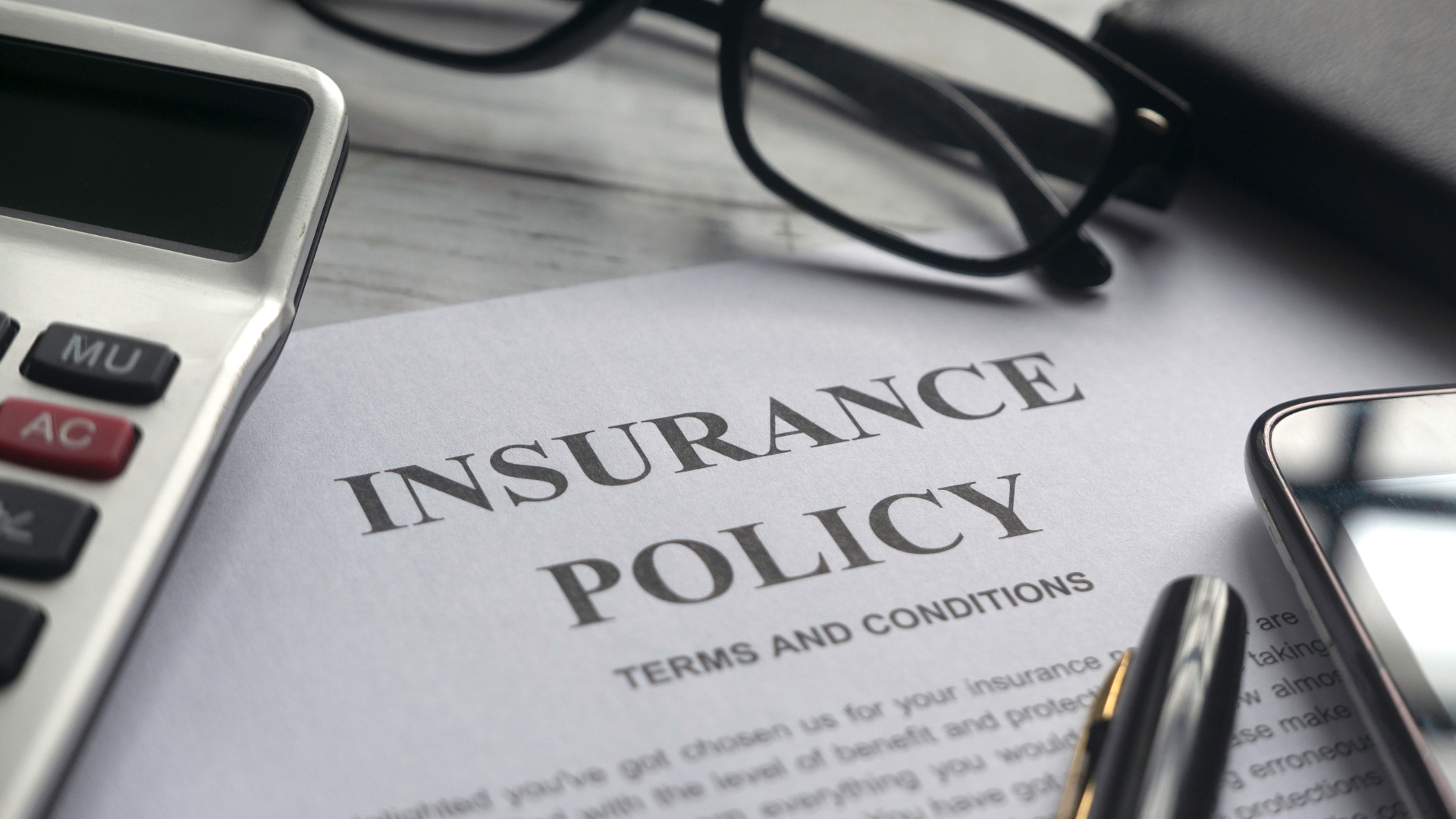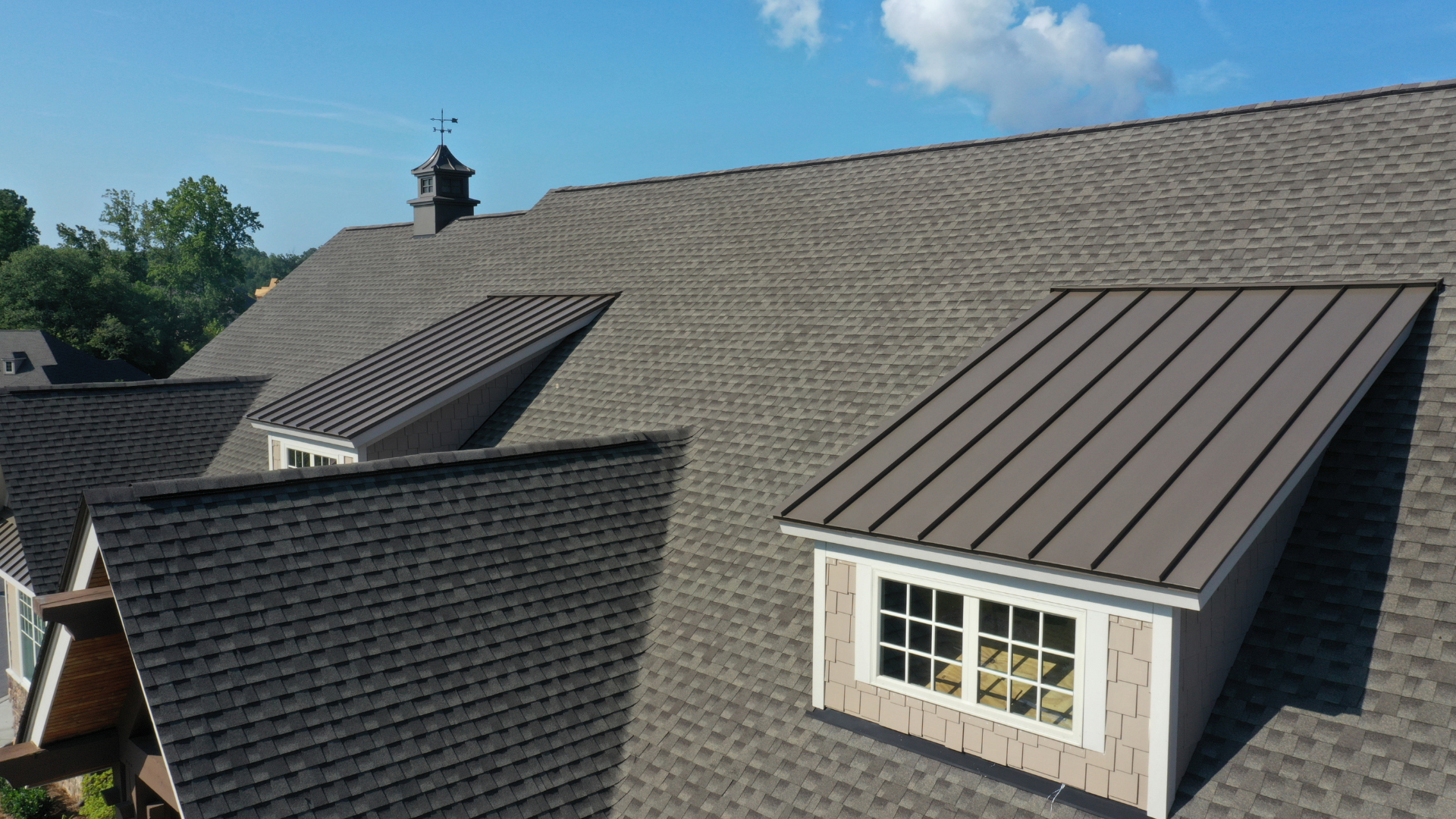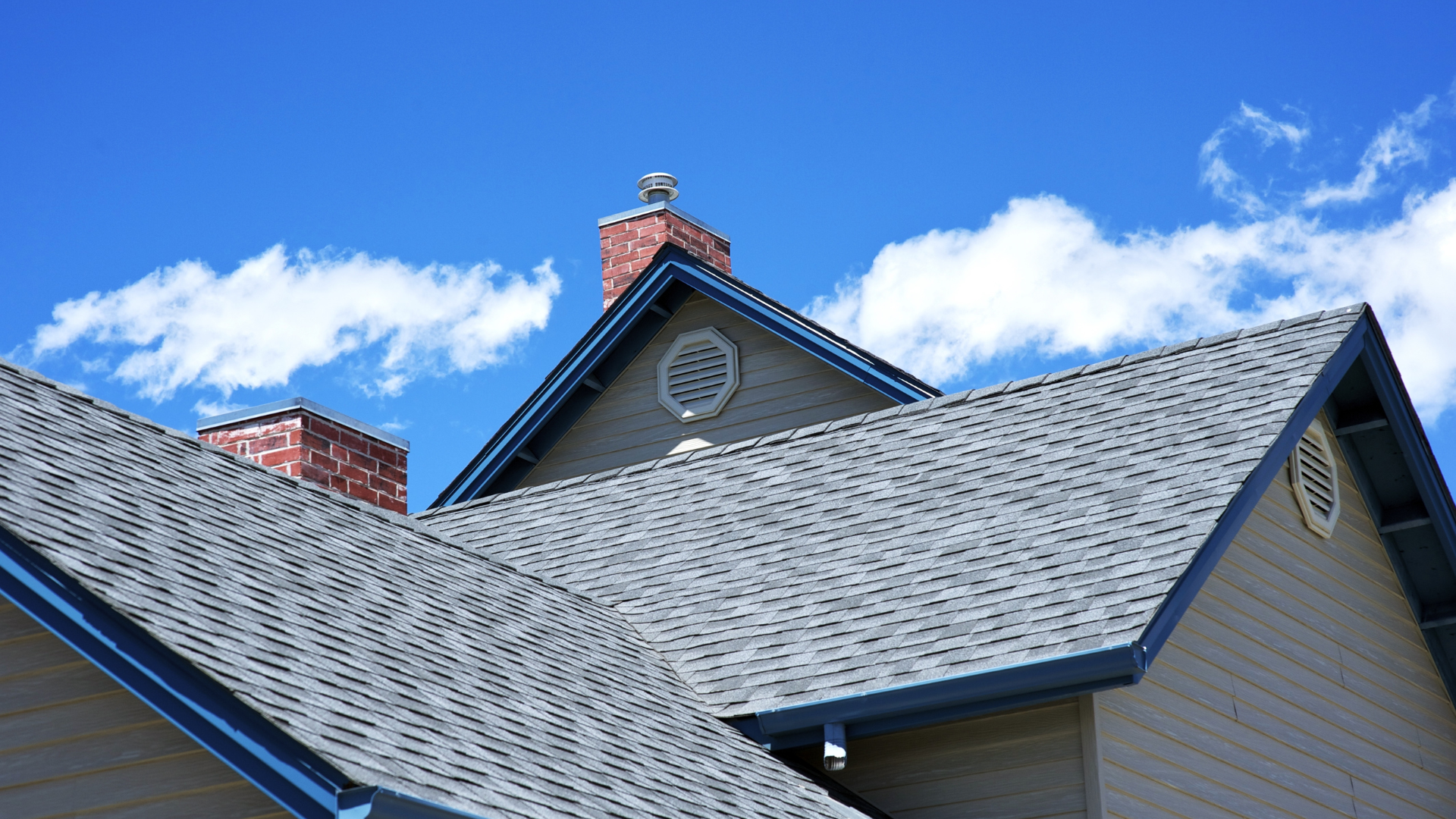Roof Damage Claim Approval: Why You Shouldn’t Sign Anything Early
After a storm hits, it's not uncommon for roofing companies to show up in neighborhoods, knocking on doors and offering their services. While some companies are reputable and genuinely want to help, others may try to lock you into a contract before your roof damage claim has even been approved. They'll encourage you to sign paperwork, giving them the right to handle your roof repairs without fully assessing the damage or understanding your insurance coverage.
This type of pressure tactic is a
red flag. It indicates that the roofing company might not have your best interests in mind. In this article, we'll explore why you should never sign any paperwork until your roof damage claim is approved, and we'll provide tips on navigating the roof damage insurance process safely and effectively.
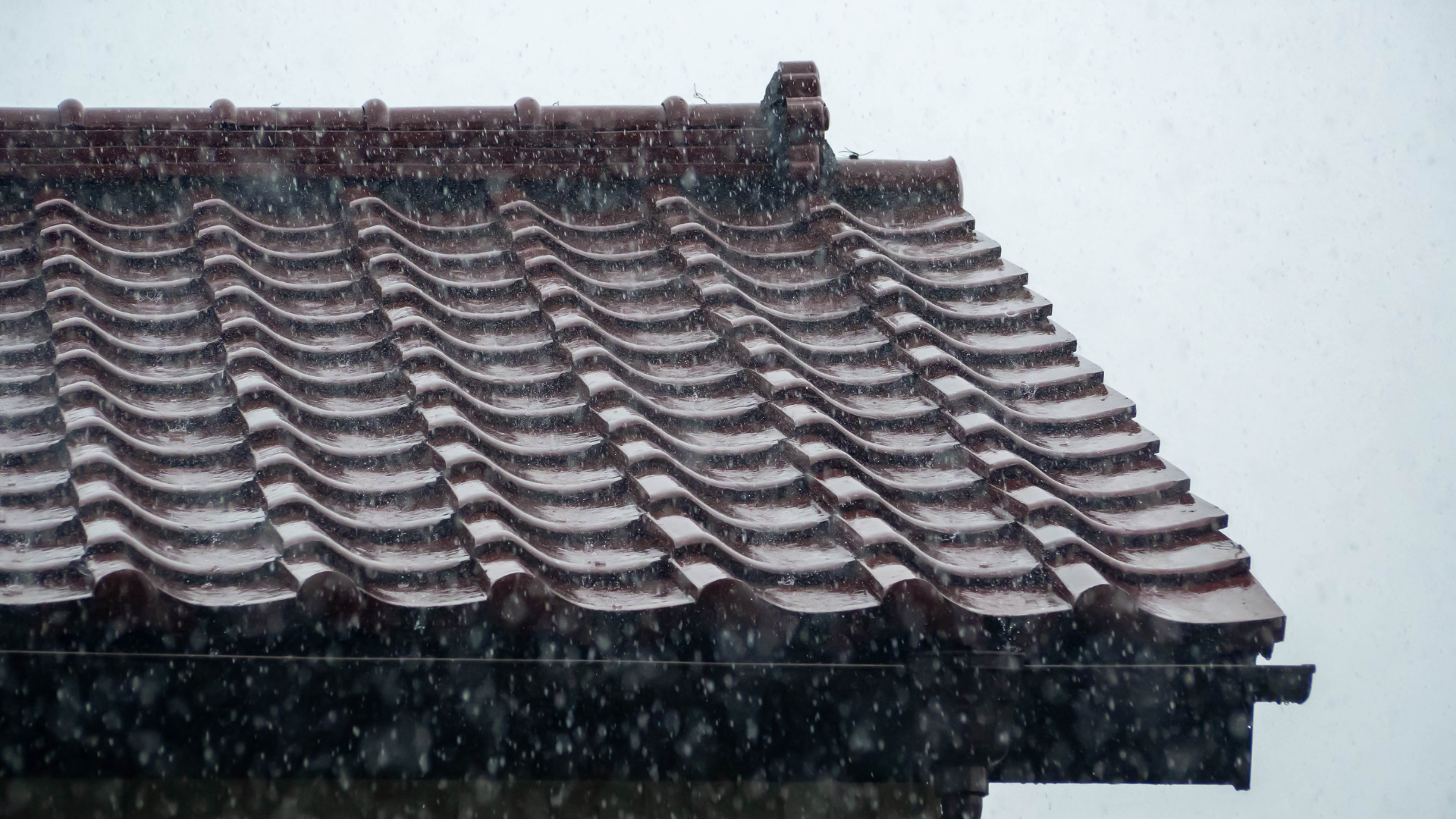
Understanding the Importance of Roof Damage Claim Approval
Before rushing to sign anything, it's crucial to understand why waiting for your roof damage claim approval is so important. Insurance claims are often a key part of paying for roof repairs or replacements after a storm. Your policy's coverage will determine whether your insurance will fully pay for the necessary repairs, or if you'll be left paying out-of-pocket.
The roof damage insurance process typically involves the following steps:
- Inspection: After a storm, a professional roofing contractor should inspect your roof to determine the extent of the damage.
- Claim Submission: Once damage is identified, the roofing company helps you submit the claim to your insurance company.
- Approval: Your insurance company will assess the damage and approve the claim if it meets the policy's requirements.
- Payment and Repairs: Once the claim is approved, payment is issued, and repairs can begin.
Until your insurance claim is approved, signing any paperwork could lock you into a deal with a roofing company that isn't authorized to work on your property, leaving you vulnerable to potentially unnecessary repairs or higher costs.
Why Some Roofing Companies Try to Pressure Homeowners
Some roofing companies attempt to get homeowners to sign paperwork before the insurance claim is approved, using pressure tactics to lock you into a contract. These companies typically take advantage of homeowners' panic after a storm, convincing them that quick action is needed to fix the roof. They may promise fast repairs or offer discounts, making their deal seem irresistible.
However, signing paperwork prematurely can lead to significant problems:
- Unnecessary Costs: If you sign a contract before the insurance claim is approved, you may be obligated to pay upfront, even if your insurance doesn't cover the full cost.
- Poor Quality Work: The roofing company might rush to start the repairs without proper inspection, using subpar materials or cutting corners in the process.
- Legal Complications: Locking yourself into a contract too early can complicate your relationship with your insurance provider, especially if the work performed is not in line with what's covered by your policy.
It's important to resist the pressure to sign anything before your claim is officially approved. A reputable contractor will always wait until your insurance has processed your claim and will only ask for your business once it's confirmed.
Tips for Navigating the Roof Damage Insurance Process
To avoid falling for high-pressure sales tactics, here are some key tips to follow when dealing with roof damage insurance claims:
- Get a Professional Roof Inspection: Before contacting your insurance company, hire a reputable roofing contractor to inspect your roof. They should provide an honest assessment of whether you have storm damage and advise you on how to proceed.
- Understand Your Insurance Policy: Familiarize yourself with your insurance policy before filing a claim. This will help you understand what is covered and what isn't. Ensure that your policy includes coverage for storm damage and know your deductible.
- Don't Sign Anything Until Approval: Even if a roofing company pressure you to sign a paperwork, resist the urge. Wait until your insurance company approves the claim before agreeing to any contracts or services.
- Work with a Reputable Roofing Company: Look for contractors who are experienced in working with insurance claims and are willing to work with you throughout the approval process. A trustworthy roofer will not rush you into signing paperwork before the claim is processed.
- Document Everything: Keep detailed records of all communications, inspections, and estimates related to your roof damage claim. This documentation can be helpful if there are any disputes down the line.
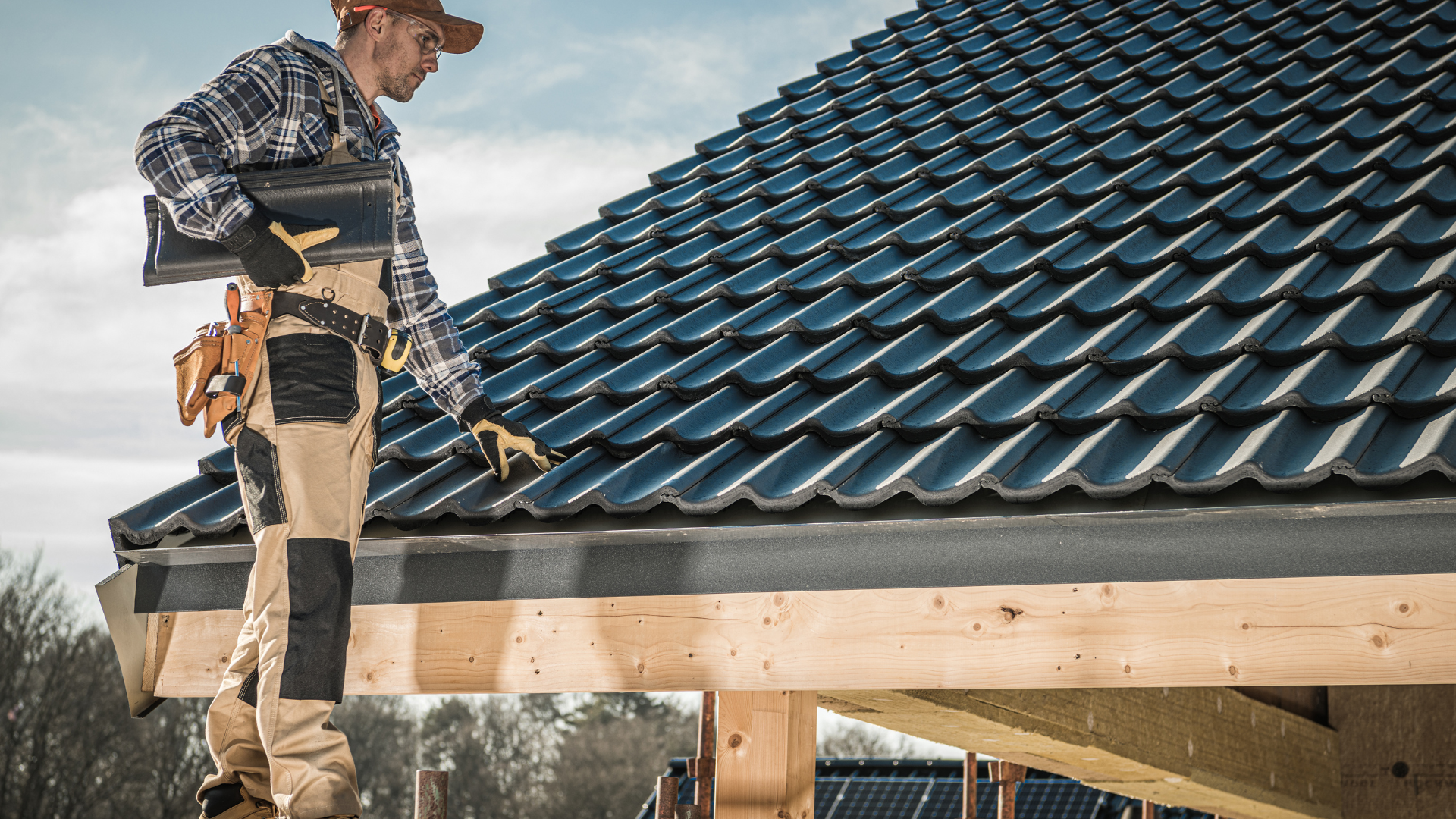
Navigating the roof damage insurance process can be overwhelming, especially after a storm. However, it's critical that you don't sign any paperwork or enter into any contracts until your roof damage claim has been approved. By understanding your insurance policy, getting a professional inspection, and resisting high-pressure sales tactics, you can ensure that your roof replacement or repair is handled appropriately and at the high cost.
If you're unsure about the roof damage claim approval process or need a trustworthy roofing contractor to guide you, contact Right Hand Man today. Our team is here to help you every step of the way, from filing the claim to completing your roof repairs with the highest quality standards.
